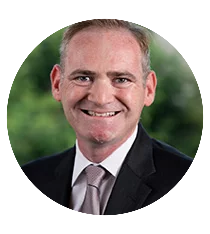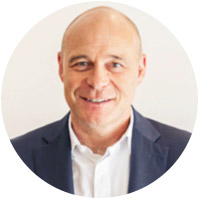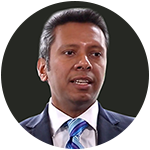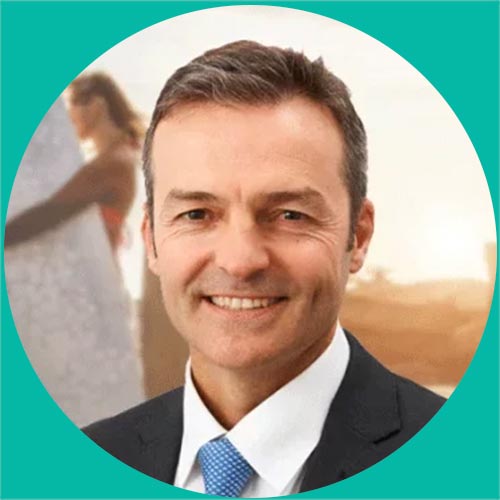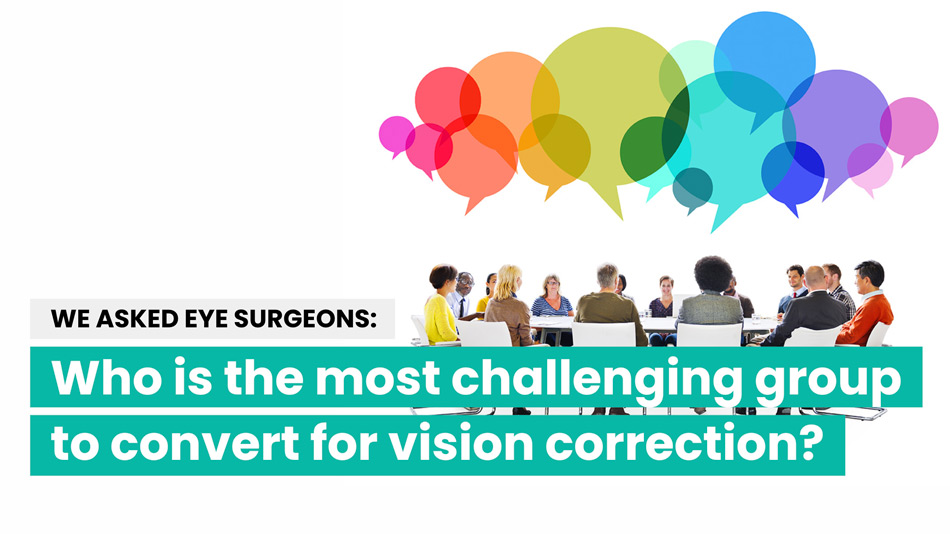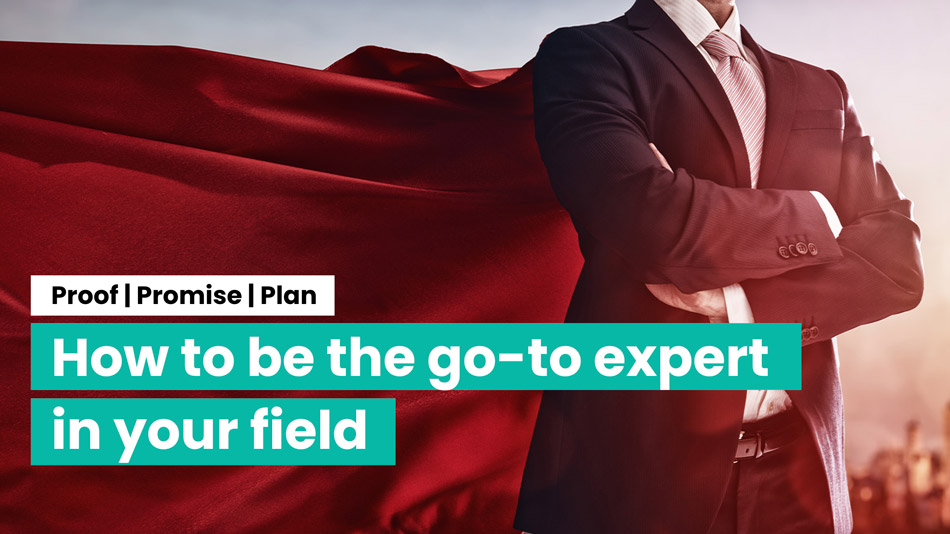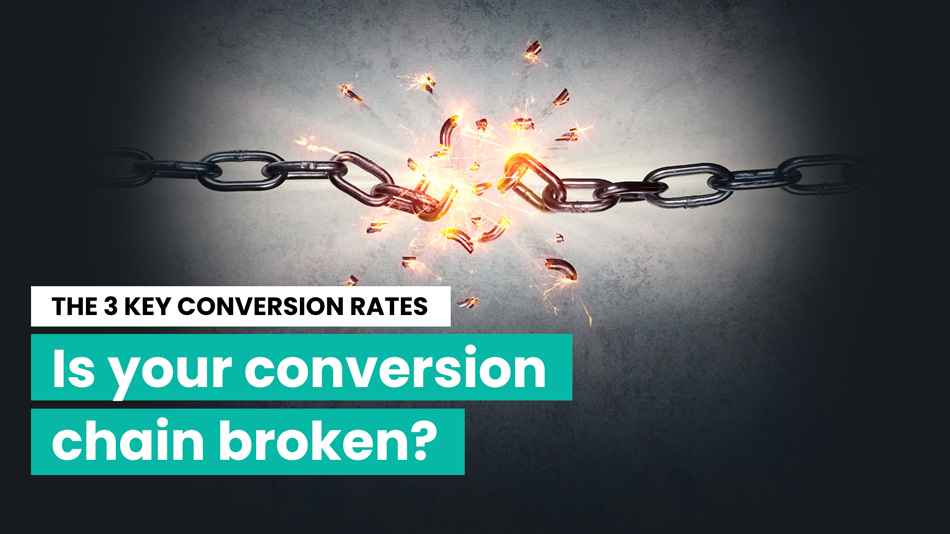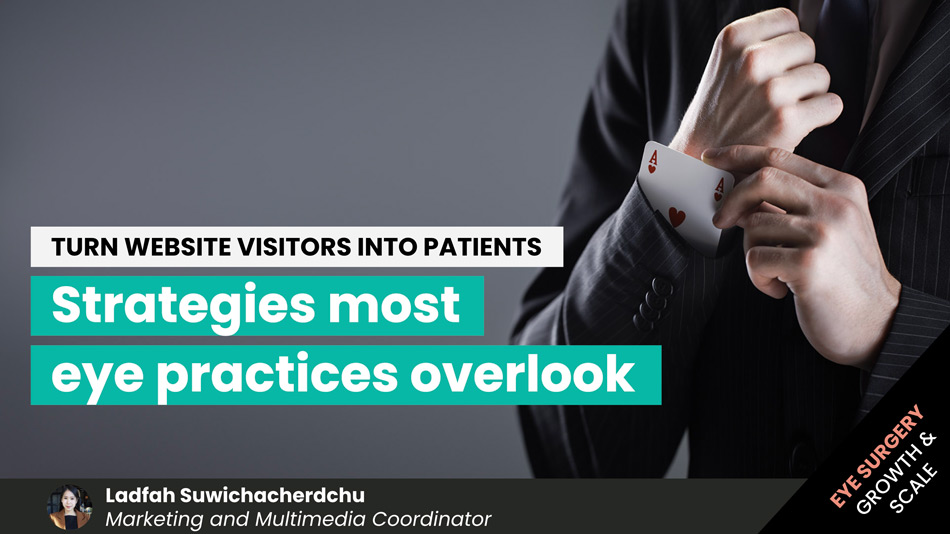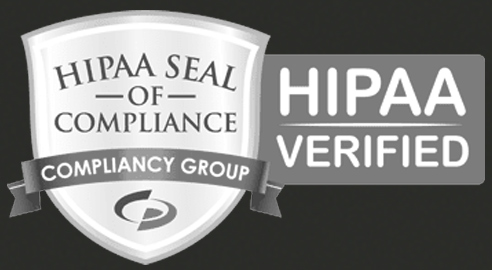
The Pros and Cons of Product or Service Knowledge
Most people would agree that product/service knowledge is a good thing. Discussing a product or service with someone with limited knowledge of it can be a frustrating and unproductive experience.
However, we’ve all experienced the situation where people spend most of a sales interaction telling us all they know, whether we want to hear it or not. The effect can confuse, overwhelm, and worst of all, cause delay for the prospective buyer making a buying decision.
What is product/service knowledge in eye surgery?
In a nutshell, your team should know about your service’s…
- Price and value (not just how much it costs, but how one can pay for it, and how this price compares with other options)
- Quality (And how it compares to others)
- Experience (The amount of time invested, or the number of eyes treated, or the degree of improvement that has been made, in making the service better than before)
- Expertise or Specialism (Whether you specialise in the service)
- Unique points of difference (What makes this service unique?)
- Knowledge of service basics (What are the elements and processes in the service itself? How is it purchased? How is it used?)
(NOTE: Want to see how your practice marketing measures up against the best in class? Take this 5-minute quiz to see how you stack up in the 9 areas of practice marketing and get specific tips and advice on how you can improve your weak points and better leverage your strengths).
The Pros of product knowledge
1. It strengthens communication skills. More product knowledge enables the salesperson to explain things in different ways and with fewer words, which might lead to better and more efficient communication.
For example, someone offering eye surgery will be able to more effectively sell it if they fully understand all the ins and outs of the eye surgery process.
A service like this can seem complicated for the layperson to understand, so product knowledge can help the salesperson explain the features and benefits of the service in a way that is simple to understand.
2. It boosts enthusiasm and confidence. Sometimes, knowing a lot of information about something may lead to enthusiasm or even evangelism about a certain service.
While belief doesn’t always follow knowledge, it can be a useful route to increase the amount of belief people have in a service.
Strangely, I’ve also seen the opposite effect. Sometimes those who are new to a product will be enthusiastic about it because they do not yet know its weaknesses.
Apple’s products are a good example of this – Apple has an almost obsessive community of fans who will buy Apple products over anything else, despite price or considerations of practicality.
Because their affinity with the product is so strong, salespeople who work for Apple will enthuse about the products and as their enthusiasm is so genuine, it can be very persuasive. Apple stores have a great customer service reputation as their staff really believe in the products they are selling.
3. It assists in overcoming objections. To me, this is the most important and useful application of product knowledge. One of our core beliefs is that people want to know about what they’re interested in, as opposed to what you’re interested in.
One way of understanding what they’re interested in is eliciting and listening to questions.
Questions and ambiguous statements (also known as objections) are the clues to what interests people most about what they are buying. Questions are buying signals.
The absence of questions, as a salesperson or a trainer, makes me anxious because it means they are either not listening, not interested or not mentally buying the product or service I’d discuss.
4. It overcomplicates simple decisions. When I take a plane from London to New York, I don’t have any need to know how it works. I just need to know that it will work. Most of the operational intricacies behind the products and services we buy are well out of the grasp of us.
How do mobile phones work? How do computers work? How do actuarial tables work? Does any of this matter if you’re not making or fixing phones and computers and calculating actuarial tables? Perhaps intellectually, but practically, no.
5. It can obscure the need to detect and analyse needs and slow down presentations. There is some research that suggests that “The human body is hard-wired to pulse. To operate at our best, we need to renew our energy at 90-minute intervals — not just physically, but also mentally and emotionally.” Source.
This is one reason we advocate 90-minute consultations from start to finish. Using that time to disseminate product information erodes one’s ability to discover needs. This is the wrong focus and is a recipe for low conversions.
The Cons of too much product knowledge
1. It leaves less room for questions. The more you talk, the more gaps you fill, the fewer questions people ask. Talking too much can also fatigue prospects, rendering all your good information rather useless.
Questions stimulate conversation, and conversations (not just presentations) tend to lead to more decisions and actions. In our interpersonal skills training, we teach how to leave appropriate gaps in conversation to allow the prospect to ask questions.
2. It can give your prospect too much to think about. One of the most common objections to taking action is “I want to think about it”. Often, we are our own worst enemies. We firehose the prospect with so much information that we quite literally give them too much to think about.
It’s been proven that providing the customer with too many options provokes a kind of paralysis that can prevent them from buying anything at all. Amazon limited their product suggestions for cross-selling to 6 items to prevent this sales paralysis from occurring.
Know all you tell, but don’t tell all you know
As someone who is keenly interested in the service I provide, I have to deliberately resist how much I talk or risk boring people to death about how I do what I do.
Similarly, I implore you, don’t make the same mistakes. Focus on listening more than you talk, and you’ll notice your prospects buy more and more.
About the author
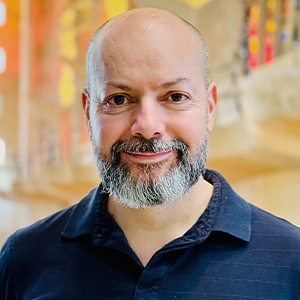
Rod Solar
Founder & Scalable Business Advisor / fCMO
Rod Solar is a co-founder of LiveseySolar and a Scalable Business Advisor for its customers. Rod mentors and coaches eye surgery business CEOs/Founders and their leadership teams to triple their sales, double their profit, and achieve their “ideal exit”.
Related Posts
Meet our Co-Founders
We’re passionate about helping leaders of high-quality, growth-minded practice owners double their practice revenue

Rod Solar
Founder & Scalable Business Advisor
For over 20 years, I’ve helped ophthalmology entrepreneurs scale their private practices. I specialise in doubling revenue within three years by offering a proven framework, hands-on experience, and a team of experts who implement what works. We take the guesswork out of growth and scale, so you can focus on delivering exceptional patient care while maximising the value of your business.
LiveseySolar completely transformed the way we were approaching this… We’ve gone from having just the dream of having a practice to having a practice up and running with people making inquiries and booking for procedures… It’s extremely pleasing. We feel lucky we connected with LiveseySolar.
— Dr Matthew Russell, MBChB, FRANZCO, specialist ophthalmic surgeon and founder of VSON and OKKO
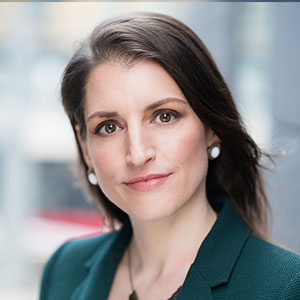
Laura Livesey
Founder & CEO
I’m the co-founder & CEO of LiveseySolar. I’ve developed powerful eye surgery marketing systems that increase patient volumes and profits for doctors, clinics, and hospitals, since 1997.
Rod and Laura know as much about marketing surgery to patients as I know about performing it. They are an expert in the field of laser eye surgery marketing. They know this industry inside out. I believe that they could help many companies in a variety of areas including marketing materials, sales training and marketing support for doctors.
— Prof. Dan Reinstein, MD MA FRSC DABO, founder of the London Vision Clinic, UK


